A s one of the official AFFHO Congress 2015 bloggers, it is my pleasure to interview speakers and learn more about them prior to the Congress in Canberra in March 2015. Organised by AFFHO (Australasian Federation of Family History Organisations), Congress is only held every three years. It attracts some of the best speakers in Australasia and overseas, hundreds of keen family history enthusiasts and lots of trade exhibitors and without doubt is the major genealogy, family history and heraldry event in Australasia. See the program here and for information on sponsors and exhibitors see here.
s one of the official AFFHO Congress 2015 bloggers, it is my pleasure to interview speakers and learn more about them prior to the Congress in Canberra in March 2015. Organised by AFFHO (Australasian Federation of Family History Organisations), Congress is only held every three years. It attracts some of the best speakers in Australasia and overseas, hundreds of keen family history enthusiasts and lots of trade exhibitors and without doubt is the major genealogy, family history and heraldry event in Australasia. See the program here and for information on sponsors and exhibitors see here.
This is the second post in my series of interviews – speaker Sue Reid
Questions
SH: Are you a genealogist, researcher, historian or representing your organisation?
SR: I am a family history researcher.
SH: I wonder if you could tell us a little about your background?
SR: My great great great grandfather, Dr Robert Ross, was a missionary to the Tartars in Russia in the 1820. My mother’s cousin loaned me a copy of his diaries and letters, and some of my g. g. g. grandmother’s letters. Dr Ross and his family later came to Sydney, and he was involved in the establishment of the Pitt Street Congregational Church. I was captivated. His friend, neighbour, and fellow Congregationalist, David Jones, is another g. g. g. grandfather. Dr Ross’s son married the girl-next-door.
My particular interests are in writing and using newspapers for family history research.
SH: How has family history improved or changed your life?
SR: Family history provides a great reason to travel and see the ancestral places. It has also provided me with a vehicle to learn history, as I always have studied and taught mathematics and science.
SH: What do you love most about family history?
SR: Lots of things. Finding the unfindable. Understanding how people and events collided to result in my very existence; if one of these events had not happened or people had not chosen the actions they did, I might not be here writing this.
I also like recreating people’s history; otherwise it gets forgotten, overlooked or considered not important.
SH: Have you previously attended Congress?
SR: Yes, in Canberra in 1986, Auckland in 2009, and Adelaide in 2012.
SH: What are your key topics for Congress?
SR: Bankruptcy and insolvency in mid-nineteenth century England.
SH: How do you think your topic/s will help the family historians at Congress 2015?
Bankrupts, particularly, were widely reported in the newspapers, and we can find lots of worthwhile information using our state and national library services, no cost.
SH: What do you think are the benefits of attending a large conference like this for you personally and for others attending?
SR: Hearing a variety of speakers and social contact with other researchers.
SH: Do you have a favourite piece of advice or a tip or trick you can share with conference attendees?
SR: Writing about your ancestors is a great way to gain more information and insight. Writing requires that you look very carefully at your source documents, perhaps looking again at those you have filed away carefully. You never know; you may spot something which was not significant before, but now as you have gathered more information, now is important.
SH: Is there somewhere we can connect with you online?
SR: Only via email
Thanks Sue for sharing your thoughts with us.
Over the next few months I will be bringing you more interviews with Congress speakers. My official blogging team partners Jill Ball and Pauleen Cass will be doing similar interviews and bring you news of Congress as it comes to hand. I am looking forward to catching u with and making new geneamates as well as attending some great speaker sessions next March. Hope to see you there too.

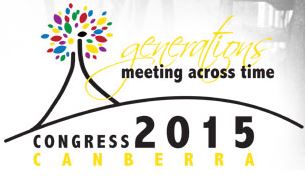
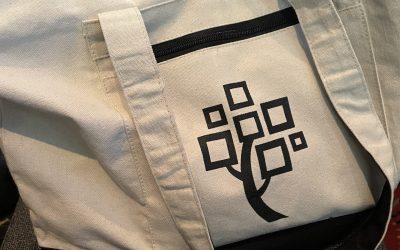
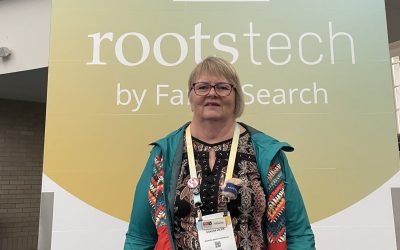
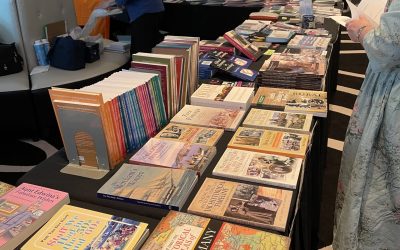
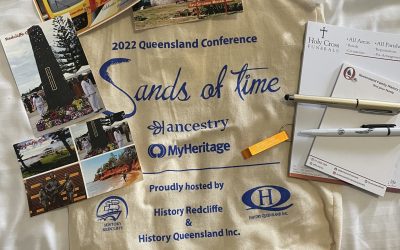
0 Comments
Trackbacks/Pingbacks